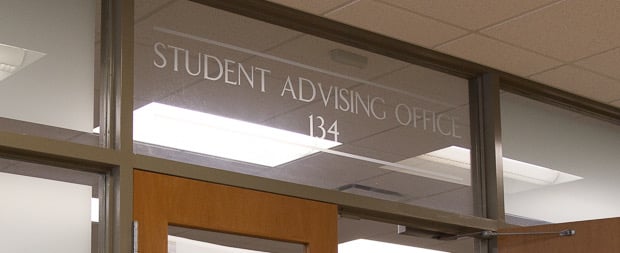In the Michigan State University College of Education, teachers are prepared to lead. Spartan educators are justice-oriented professionals who are ready to teach on Day 1. Over the course of the Teacher Preparation Program, you will gain many hours of classroom experience, including a full-school year teaching internship that sets Spartan teachers apart.
The College of Education is in the process of moving to a four-year program. Changes are being implemented across the website, but it may take some time before all changes are complete. For the most up-to-date information on this transition and how it may impact you, please speak with your academic advisor.
Improving the future, as a Spartan
The world needs more great teachers. MSU prepares teachers willing to keep learning, meet the needs of each student and improve the future through every lesson they teach.
You'll also learn from and with faculty who conduct and publish cutting-edge research (that students can assist with) that changes the ways we teach teachers.
Specialized Areas of Study
You can choose elementary, secondary or special education. Whomever they teach, Spartan teachers recognize the need to improve education for all learners. By enrolling in one of two cohort programs, you can also gain specialized skills for teaching in particularly high-need settings, such as internationally diverse classrooms and those in under-resourced urban communities. Cohort members begin working together as a close-knit community from day one of freshmen year.
Schools hire Spartans
Every year, 200 or more schools and districts from across the nation come to MSU to recruit our graduates. Hear why they put Spartans at the top of their list (video).
When schools hire Spartans, they hire individuals who are prepared to lead. MSU has been ranked No. 1 in the nation for graduate programs in elementary and secondary education for more than three consecutive decades, according to U.S. News & World Report.
In a survey to lead administrators of MI school buildings where new teachers are working, MSU graduates out-performed the statewide averages in every category.
Teacher Preparation Program
- Elementary Education
- Secondary Education, B.A.
- Special Education, B.A.
- Global Educators Cohort Program
- Urban Educators Cohort Program
- Community Teachers Program
- Spartan Teacher Promise
- Why I Teach
- Teacher Preparation Forms
- Policies and Procedures
- Initial Programs Performance Data
- Contact
- Teacher Preparation Application
Global Educators Cohort Program
Learn to teach with a global view and make an impact in today's culturally diverse classrooms.
Urban Educators Cohort Program
Learn how you can promote success and social justice as a teacher who understands the needs of urban students.
Our Program, Our Successes
Alums in the Job Market
96%
of our grads get jobs in teaching (2021)
2
average number of job offers per alum
10%
average salary for 2021 grads was 10% higher than previous 3 years
74%
of our alums get teaching jobs in Michigan
Alum Advice & Guidance
Gain insight from Spartan educators on what inspires them about teaching today, including how their experiences in cohorts, on study abroad and throughout their internships are still resonating in their lives and careers.
Hear from alumni across the country who are working in and out of the classroom.
21
Average Class Size
Average class size
1,150+
Hours of field experience
Hours of field experience





